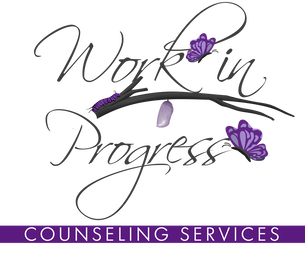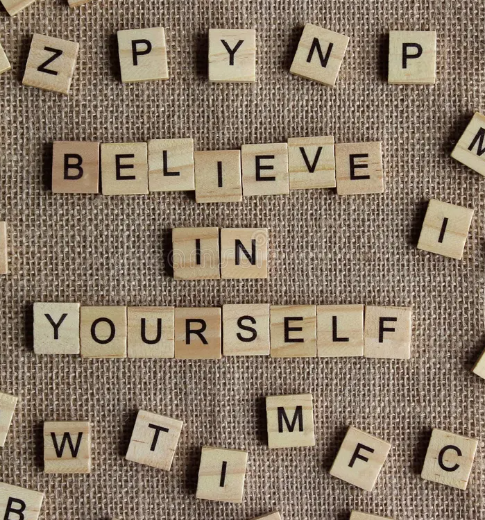Esteem comes from the Latin word aestimāre that means to “fix the value of.”
In English, esteem is thinking something or someone is important or valuing that person or thing.
For example, if you really respect your friend's mom because she volunteers at a local homeless shelter, it means you hold her in high esteem. When an actor or actress wins an Oscar for Best Actor or Actress, it is called an esteemed award. This means the award stands for an important accomplishment.
Self means, well… you! So when you put the two words together, a simple definition comes to light. Self-esteem is how much you value yourself and how important you believe you are. In other words, it is how you see yourself and how you feel about your accomplishments.
Self-esteem is not arrogance or bragging about how great you are. It is knowing what you are worth (priceless, in fact.) It is not the belief that you are perfect; nobody is. It is an awareness that you are worthy of being loved and accepted.
Self-esteem is an essential part of individual happiness, fulfilling relationships and success. Unfortunately, many people with poor self-esteem really beat themselves up whenever they make a mistake or error of judgment. They feel that they are “no good,” a loser, or a failure because they fail a class, lose a job, have divorced, or are not as far along in their life goals as they think they should be.
Such events – and how we believe about them and deal with them – are just a TINY PART of who we are. It is important to remember that.
Individuals with healthy self-esteem do not define themselves by their occasional setbacks, disappointments, or failures or belittle their whole existence when things do not go precisely as planned or expected. Their regard, respect, and even love for themselves are based on a bigger picture.
Halt destructive thoughts
People with poor self-esteem doubt their importance and believe that their views carry little or no weight. Is this you?
If so, try to stop these damaging thoughts because if you believe them, you will convince others to believe them about you too.
Instead, begin thinking and speaking of yourself as someone who has rights, feelings, and ideas that are just as valid as those of anyone else. This will help you begin to improve your self-esteem.
Remember YOU are a masterpiece and a work in progress!!
Cherie May, LPC
In English, esteem is thinking something or someone is important or valuing that person or thing.
For example, if you really respect your friend's mom because she volunteers at a local homeless shelter, it means you hold her in high esteem. When an actor or actress wins an Oscar for Best Actor or Actress, it is called an esteemed award. This means the award stands for an important accomplishment.
Self means, well… you! So when you put the two words together, a simple definition comes to light. Self-esteem is how much you value yourself and how important you believe you are. In other words, it is how you see yourself and how you feel about your accomplishments.
Self-esteem is not arrogance or bragging about how great you are. It is knowing what you are worth (priceless, in fact.) It is not the belief that you are perfect; nobody is. It is an awareness that you are worthy of being loved and accepted.
Self-esteem is an essential part of individual happiness, fulfilling relationships and success. Unfortunately, many people with poor self-esteem really beat themselves up whenever they make a mistake or error of judgment. They feel that they are “no good,” a loser, or a failure because they fail a class, lose a job, have divorced, or are not as far along in their life goals as they think they should be.
Such events – and how we believe about them and deal with them – are just a TINY PART of who we are. It is important to remember that.
Individuals with healthy self-esteem do not define themselves by their occasional setbacks, disappointments, or failures or belittle their whole existence when things do not go precisely as planned or expected. Their regard, respect, and even love for themselves are based on a bigger picture.
Halt destructive thoughts
People with poor self-esteem doubt their importance and believe that their views carry little or no weight. Is this you?
If so, try to stop these damaging thoughts because if you believe them, you will convince others to believe them about you too.
Instead, begin thinking and speaking of yourself as someone who has rights, feelings, and ideas that are just as valid as those of anyone else. This will help you begin to improve your self-esteem.
Remember YOU are a masterpiece and a work in progress!!
Cherie May, LPC

